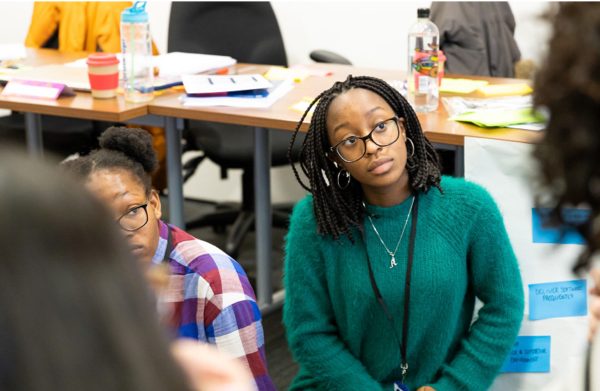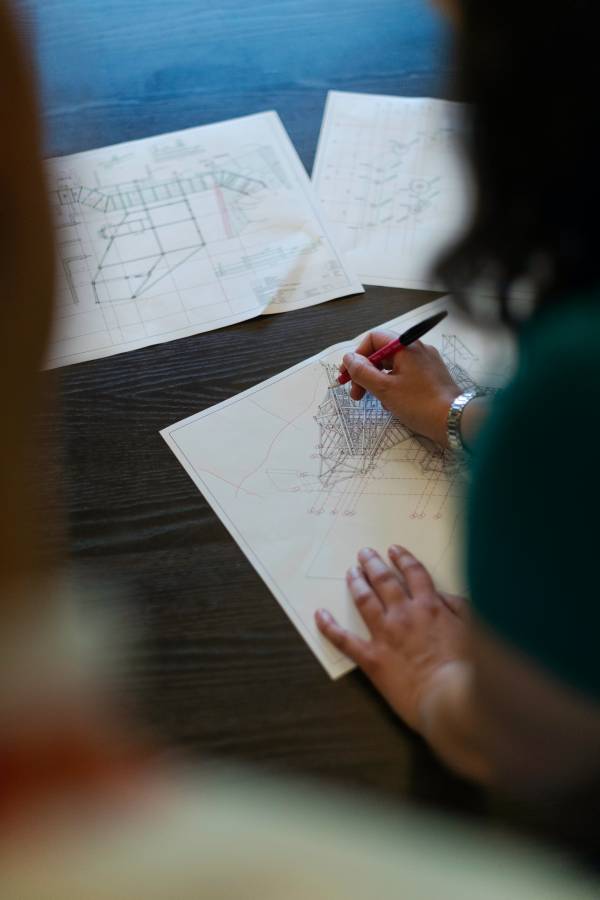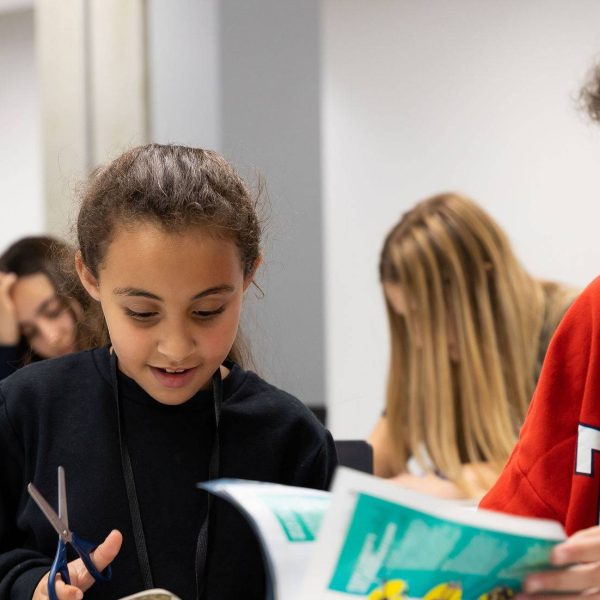Maths is essential to so many elements of society, and studying it can be incredibly useful to many career paths. However, studying maths at university is somewhat different to studying it at school.

At school, you learn mathematical procedures. The teacher will begin by showing the whole class one or two basic examples which demonstrate the concept that you’re learning in that lesson. They then move onto slightly more advanced applications of the same concept, and show you a few examples of each context. Finally, you move onto applying this routine procedure to the exercises for that concept.
There is a great skill to this, and many people love maths at school because they like to keep their brains active and enjoy the buzz of getting through exercises very quickly, but to be a great mathematician, and to succeed in university maths, you have to be able to take your maths skills one step further.
How to teach yourself
Essentially you will have to teach yourself what would have been taught to you at A level: how these new mathematical concepts can be applied to different and unfamiliar situations. It’s useful when getting started to pose yourself this series of questions:
- Why does the procedure I am using work in this basic situation?
- What other situations would this procedure work in?
- What situations would this procedure not work in? Consider if it would work on complex numbers as well real numbers, for example. Or on cubics, as well as quadratics. Does the procedure rely on a small angle approximation perhaps? Or does it require the angle to be in radians?
- Is there a hidden mathematical tool behind this procedure which I don’t fully understand yet? For example, you learn differentiation without first understanding the foundations of calculus, but getting to grips with how it works is often very useful.
Finding useful resources
Once you’ve answered these questions, you should try to make/find as many examples as possible. Not only will these be useful practice now, but they can be a very useful revision tool!
Start by looking in any old maths textbooks you can get your hands on, in addition to any set texts, as these will likely be cheaply available second hand. Once you have a large body of examples, try to make some of your own, bearing in mind the answers to the above questions. You can even swap examples with a friend, so that you can both work through each other’s and correct any errors together.
Once you are confident in a concept, try to apply it in a synoptic question: that is a question which connects several different concepts.
These questions are designed to be a challenge, no matter how well you know the concepts, so don’t be discouraged if you don’t make much progress at first!
With all the maths that you do, it’s important to have fun and challenge yourself. If you have the time to understand why a procedure works before using it, you will find a lot more success and satisfaction in applying it!
Want to know more about the benefits of studying maths? Read here>>
Article by Britt Dewing, Stemettes Intern







